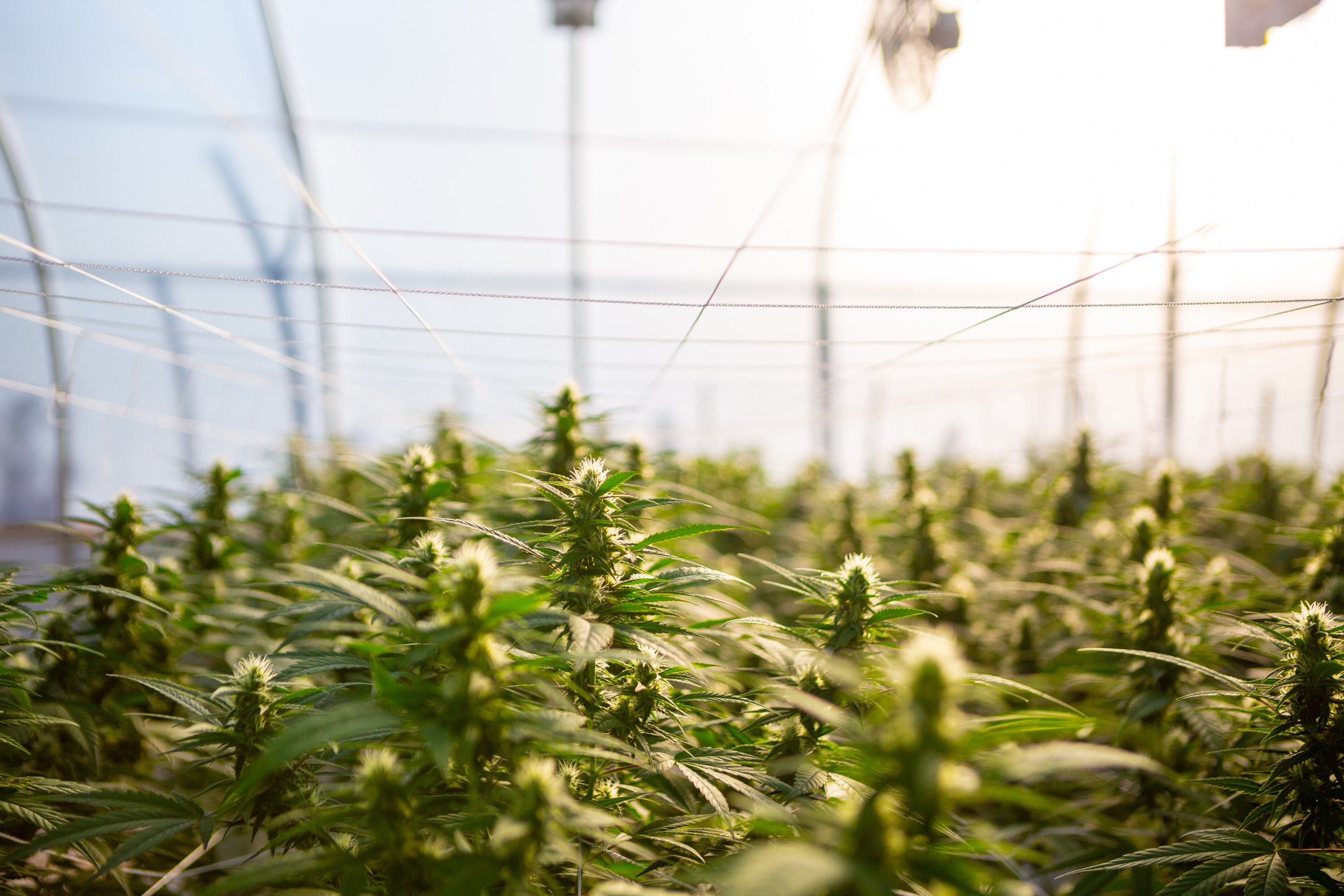TIRANA, August 1
The EU accession process demands Albania to harmonize the national legal framework with the Acquis, where a particular law that regulates industrial hemp, could result in considerable benefits for the Albanian farmers
Recently, an interesting campaign came to our attention, find out more!
You know, there is this plant that could save the world from plastic, stop deforestation and that’s more durable, stronger and friendlier to the environment than most materials we use. What would one ask more, but the weed we need is a relative of Marijuana.
‘Vote for Hemp!’ (Votoni Kerpin)This is the latest awareness-raising campaign launched by the Albanian Federation of Industrial Hemp and Cannabinoids to amend Law no. 7975, date 26.07.1995 On Narcotic Drugs and Psychotropic Substances.
More specifically, the campaign goals are to allow the redevelopment of Albanian hemp industry for:
- Increasing agriculture employment and exports
- Creating rural development opportunities
- Reducing illegal cannabis cultivation
According to the AIHCF, the Albanian legislation has the following definition for industrial/legal hemp: Any plant of the genus Cannabis Sativa which contains up to 0.1% Tetrahydrocannabinol (THC).
Moreover, the law limits the cultivation of hemp only for seed and fiber harvesting. On the other hand, the law is really clear on the prohibition of the hemp flower cultivation. The latter also contains many non-psychoactive cannabinoids, such as Cannabidiol (CBD) and Cannabigerol (CBG).

In the meantime, the European Union (EU) legislation on agricultural subsidies defines industrial hemp as an approved cannabis hybrid (Cannabis Sativa L) containing up to 0.2% THC.
“In the European Union, it is legal to cultivate and supply cannabis plants for hemp fiber if they have low levels of THC. The granting of payments under the Common Agricultural Policy is conditional upon the use of certified seeds of specified hemp varieties; only varieties with a THC content not exceeding 0.2 % may be used (EU Regulation 1307/2013). Payments are therefore granted only for areas sown with varieties of hemp offering certain guarantees with regard to their psychotropic content.
There is a procedure for the determination of hemp varieties and the verification of their tetrahydrocannabinol content. Imports of hemp are also subject to certain conditions to ensure the above-mentioned THC limit is respected (EU Regulation 1308/2013). According to the
European Court of Justice, case C-207/08 (Babanov), the cultivation of hemp fulfilling the strict conditions above by farmers respecting all the other conditions established by the EU legislation cannot be prohibited in any Member State if this prohibition conflicts with provisions of EU law or undermines the aims and objectives of these provisions.
New countries joining the European Union, in which it was illegal to grow any cannabis plant under the narcotic control law, have sometimes needed to change their law in order to permit this exception. (source: European Monitoring Center for Drugs and Addiction)”
Meanwhile, Austria and the Czech Republic allow up to 0.3% THC, and Italy up to 0.6%. Switzerland allows the highest level of THC in Europe of up to 1% and hemp cigarettes are sold even in supermarkets.
On the other coast of the Atlantic, the United States and Canada allow up to 0.3% THC.
The US case has confirmed that the prohibition of hemp has suppressed potential jobs for farmers until the 2018 Farm Bill.
In a nutshell, AIHFC says that if the law changes, Albania will be allowed to enter the international hemp market, which is projected to grow from $4.6 billion in 2019 to $26.6 billion by 2025.
So far, the hemp cultivated in Albania served mostly to the textile industry. Currently, there is only one subject operating in this sector, the Albanian – American Hemp Company.
Did you know about all the various uses of hemp?

Hemp fuel
Hemp can be used as a source of energy because it’s cost-effective and friendly to the environment. Biodiesel, ethanol, and methanol can be produced from hemp. In the future, it could reduce the dependency on fossil fuels.
Hemp bioplastic
Hemp can be the end of the plastic plague. Hemp plastic is completely biodegradable and would reduce drastically the current alarming levels of plastic pollution, although there are still obstacles to overcome.
Hemp cosmetics
Hemp seed oil is an excellent natural emollient and moisturizer and it is used for making shampoos, conditioner, soap, hand and body lotions, bath and massage oil, sunscreen, moisturizing cream, and lip balms.
Hemp paper & canvas
#savethetrees with hemp. Hemp is a better option for making paper compared to trees. It grows faster while the hemp paper is acid-free and can be recycled up to seven times. Paper from trees can be recycled only three times. The Gutenberg Bible was printed on hemp paper.
Hemp food

Rich in nutrients. Millions of people around the world are malnourished and live in extreme poverty. Hemp seeds are highly nutritious. They contain vitamins, magnesium, potassium, amino acids, and high amounts of omega-3 and omega-6 fatty acids. Hemp seeds are notable in providing 64% of the Daily Value (DV) of protein per 100-gram serving. Other edibles made from hemp are beer, milk, and protein powder.
Hemp captures high amounts of carbon and this helps either in fiber durability or Soil Carbon Sequestration.
Other products where hemp is used include textiles, hemp building materials, yarns, fabrics, cosmetics, and construction and insulation materials, even in the automotive industry. Hemp is more durable than cotton and soft. Keep in mind that cotton cannot grow in every country, whereas hemp grows almost everywhere. It needs too many pesticides and it’s a water hog.
Source: votonikerpin.com

Leave a Reply
You must be logged in to post a comment.